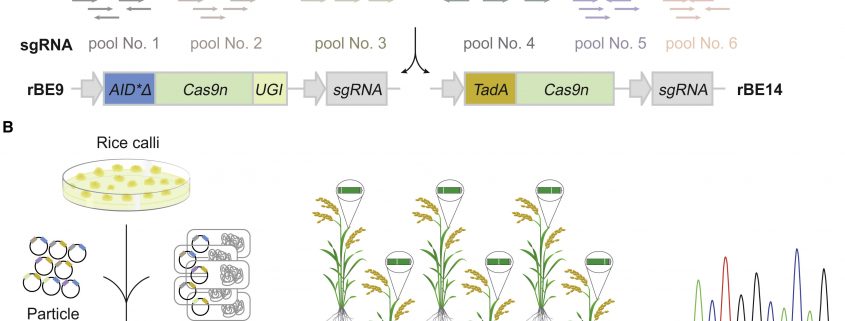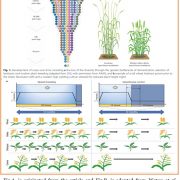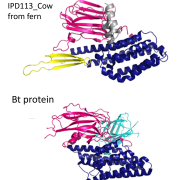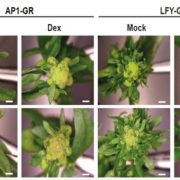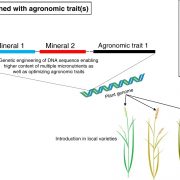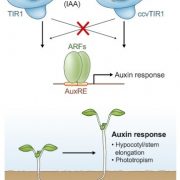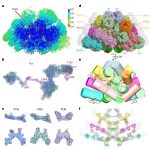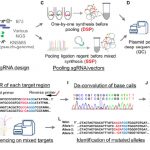Base-editing-mediated artificial evolution of OsALS1 in planta to develop novel herbicide-tolerant rice germplasms (Mol. Plant)
The trait of herbicide tolerance allows farmers to use chemical means to eliminate weed competitors. Acetolactate synthase (ALS) is an enzyme targeted by more than 50 different herbicides. In order to generate novel herbicide tolerance traits, Kuang et al. used a base-editing artificial evolution approach, by targeting nucleotide-modifying enzymes (cytosine deaminase and adenosine deaminase) to the gene using the CRISPR/Cas9 system. 63 sgRNAs spanning the rice ALS1 open reading frame were introduced into base-editing constructs, which were introduced into rice through ballistics or Agrobacterium-mediated transformation. Tissues were regenerated without herbicide selection to assay for overall gene editing efficiency, and in the presence of the herbicide to identify evolved tolerance. One new variant, which conferred particularly strong tolerance without a yield penalty, was easily introduced into another elite cultivar though gene editing. (Summary by Mary Williams) Mol. Plant 10.1016/j.molp.2020.01.010
[altmetric doi=”10.1016/j.molp.2020.01.010″ details=”right” float=”right”]


